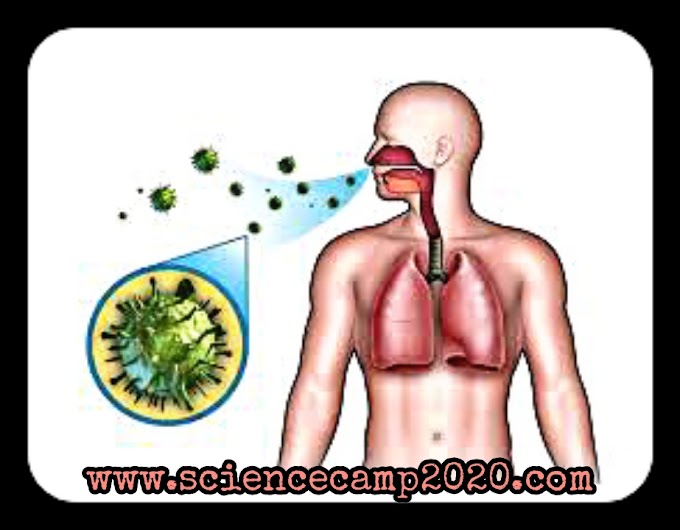the important nutrients for the human body
Food and health
Recent studies have proven that food has a strong relationship with health. Whenever an integrated food contains various nutrients, such as proteins, vitamins, minerals, and carbohydrates, this affects the body's natural and healthy growth process, resistance to diseases, recovery from them, and reducing their pathological impact. In the body.But when any malfunction occurs in the diet, this appears on the body directly or indirectly.
One of the important nutrients for the human body is vitamins. What are vitamins?
What are its types?
Vitamins
Vitamins are a group of chemical compounds that the body needs in specific amounts. If the amount of what the body gets from it or it exceeds the specified rate, the body becomes damaged.What are the benefits of vitamins?
Vitamins play an active role in the body, as they are responsible for converting the food entering the body into energy, and each type of vitamins is concerned with specific functions, and it cannot be replaced by any other vitamin, just as the deficiency that occurs in any type leads to damage to the rest of the vitamins. It may hinder the work of some of them, and cause diseases to the body.What types of vitamins did scientists discover?
Discovering thirteen types of vitamins, which are divided into two groups:- Water-Soluble Vitamins:
They are vitamins that the body cannot store, they are dissolved in water, and are easily excreted from the body, so he has to constantly replace them through food,
And nutritional supplements, which are: Compound B and Vitamin C.
- Fat-Soluble Vitamins: These are vitamins that the body can store inside the fat for up to six months as it is absorbed by the intestine, including: (A, D, E, K).




0 Comments